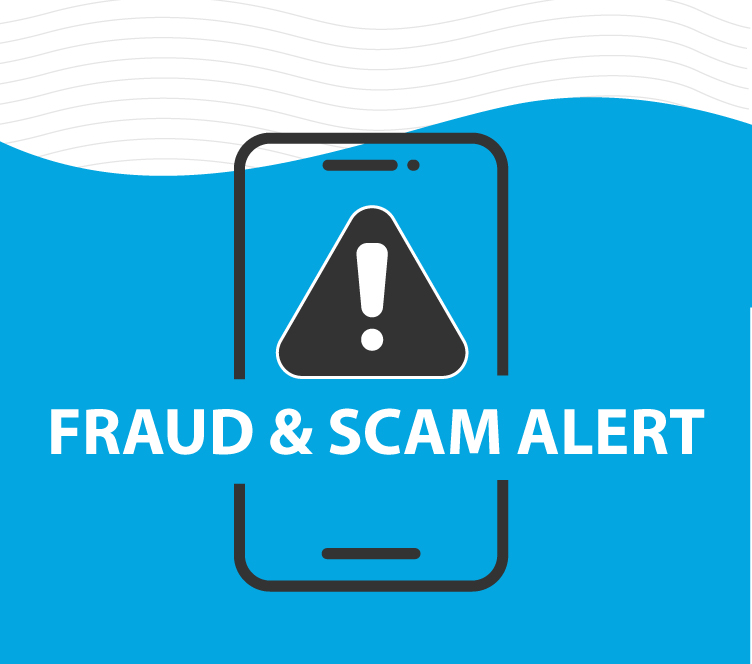Across the country, banks and their customers are facing an alarming surge in fraudulent phone calls. These scams are not isolated to any one institution. ChoiceOne Bank is among many financial organizations being targeted by increasingly sophisticated fraudsters. The goal of these criminals is simple: to trick customers into handing over sensitive information that can be used to access their accounts and steal their money.
How the Scam Works
Fraudsters often sound convincing, and will “spoof” the bank’s phone number meaning that the call will appear it is from the Bank. They will then pose as trusted bank staff calling customers under the pretense of “verifying” suspicious transactions. When customers deny authorizing the transactions, the scammers escalate the conversation, using urgency and fear to manipulate their targets. These calls can be persistent and forceful, sometimes continuing over several hours.
Here are just a few of the tactics these criminals use:
- Requesting usernames and passwords via text
- Convincing customers to disable two-factor authentication, a security feature that adds an extra layer of protection
- Telling customers not to log into online banking
- Asking for contact information of other users
 Instructing customers to uninstall legitimate banking apps and install malicious ones
Instructing customers to uninstall legitimate banking apps and install malicious ones
The fraudsters will make repeated calls and aggressively demand compliance with their instructions otherwise they threaten they will be unable to reverse the fake transactions. Once the fraudsters gain access, they will quickly initiate payments to extract as much money as possible from your account.
What You Should Never Do
No legitimate bank—ChoiceOne Bank included—will ever ask you to:
- Share your password, PIN, token, or debit card number
- Disable your security features
- Instruct you not to login to your bank account
If you receive a suspicious call, hang up immediately and call your bank directly using the number listed on their official website or your bank card.
How is Organized Crime Involved?
While fraudulent calls may sound like isolated incidents, they are often part of a much larger, more coordinated effort—one driven by organized crime rings operating across borders and industries. These groups run sophisticated call centers, staffed with trained agents who make call after call to American businesses, posing as bank representatives and pressuring employees to divulge sensitive information so they can gain access into your account.
The fraudsters do not run amateur operations. They are well-funded, highly structured, and increasingly global. They gather information from public and dark web sources to connect businesses with their bank to refine their targets. Some criminal call centers are located overseas, where labor is cheap and law enforcement oversight is limited. These criminal networks use scripts and psychological manipulation to impersonate bank staff and create a sense of urgency. Their goal is to convince employees—especially those in small businesses—to provide sensitive information. Once inside, they can drain accounts, reroute payments, or even hijack digital identities.
Protecting Yourself and Your Community
The best defense against fraud is awareness. Scammers rely on confusion and urgency to trick their victims. By staying informed and vigilant, you can protect yourself and help others do the same. Share this message with friends, family, and neighbors—especially those who own businesses or may be more vulnerable to these tactics.
If you ever feel unsure about a call, don’t engage. Hang up and call us directly. Your security is our top priority.
Other best practices to protect your accounts
- Review your accounts daily and alert us immediately if you see any suspicious activity
- Use unique strong passwords and enable two-factor authentication for all your financial account logins
- Ask us about our advanced Treasury fraud prevention tools like positive pay, custom permissions, and dual control